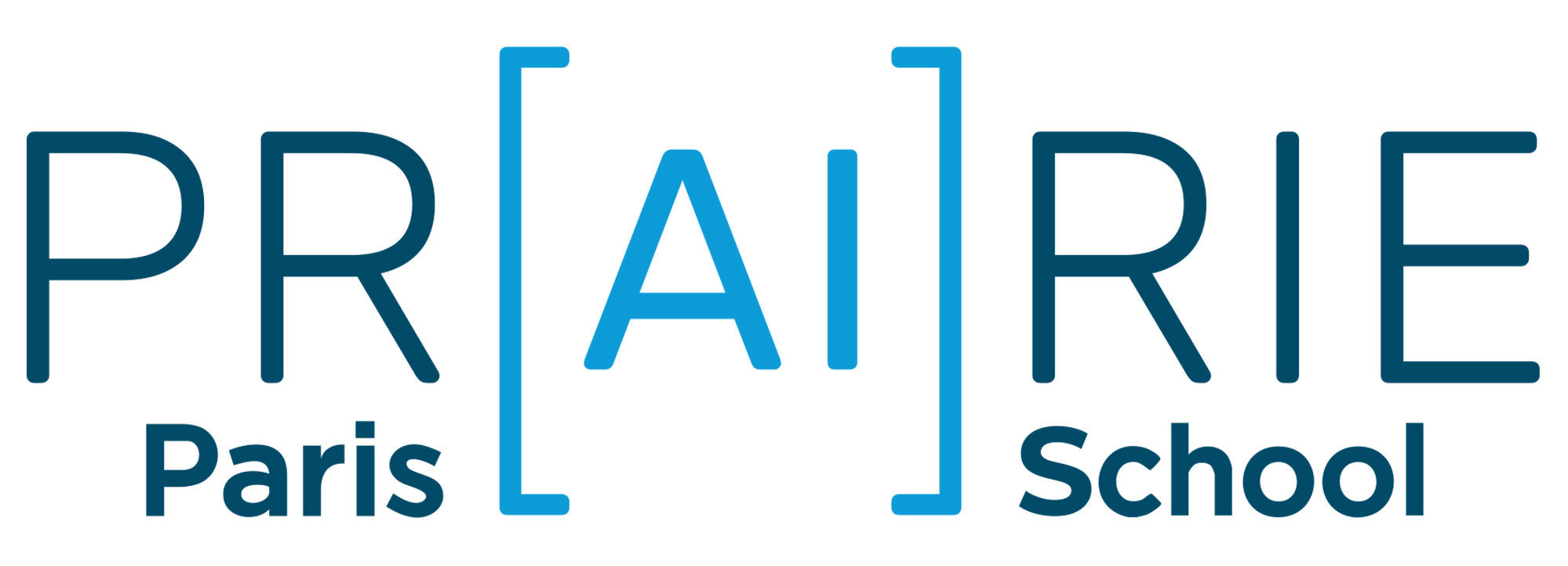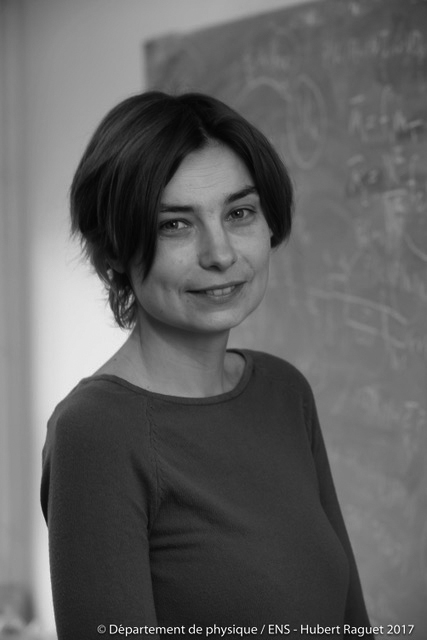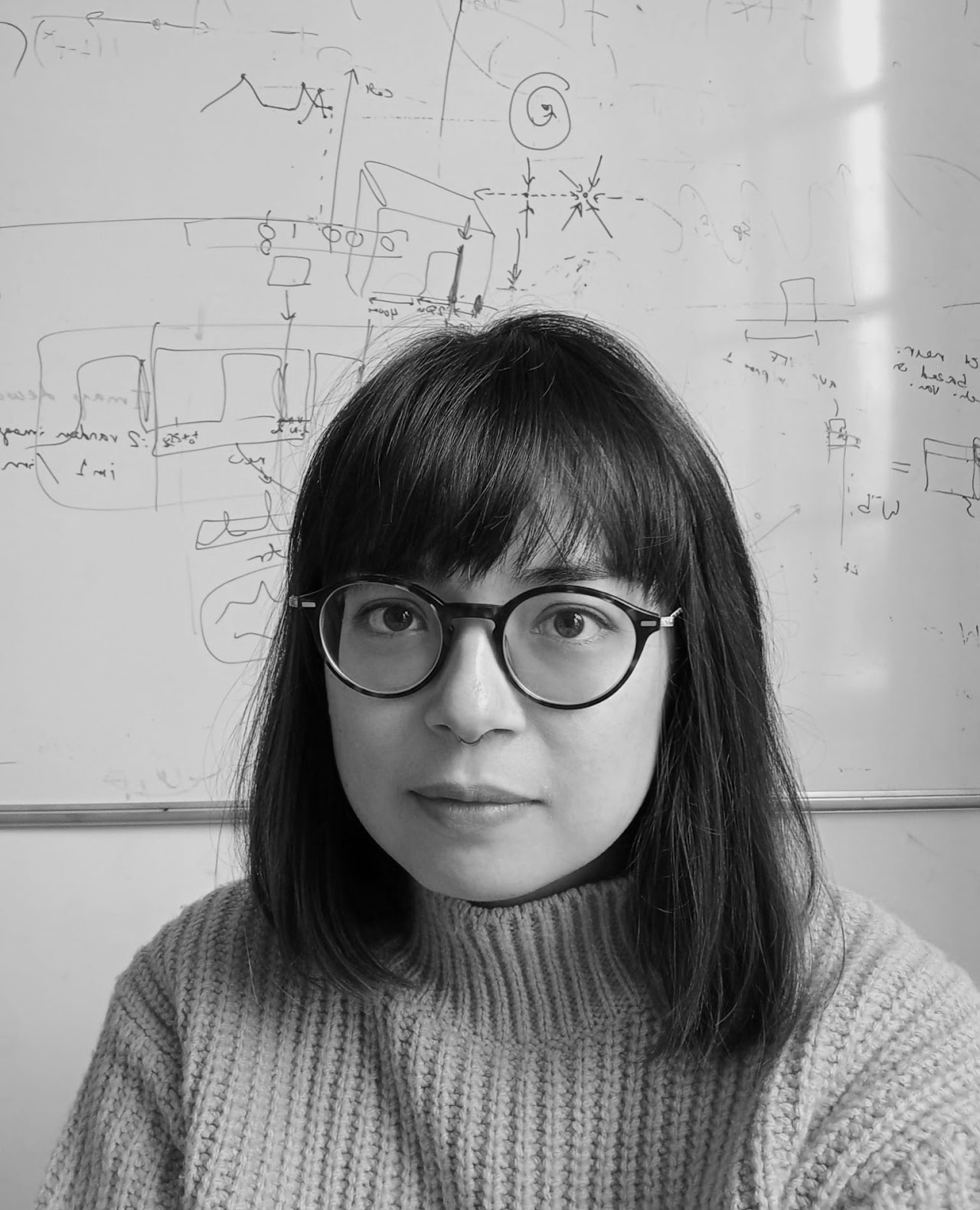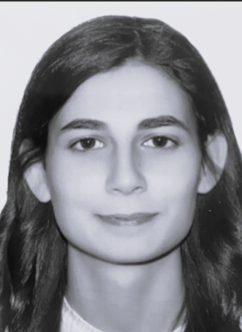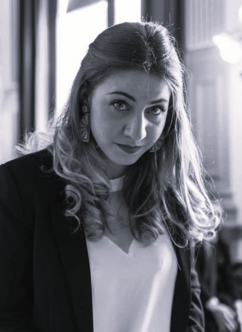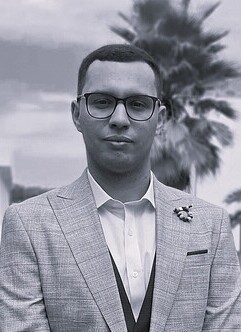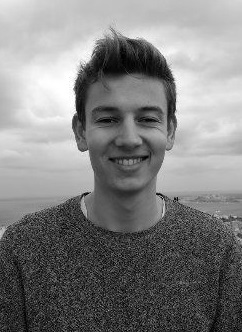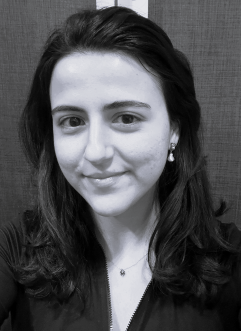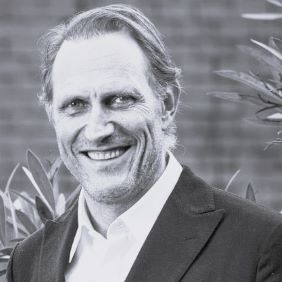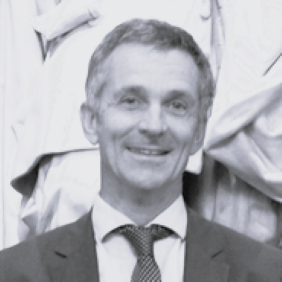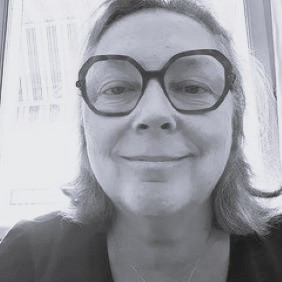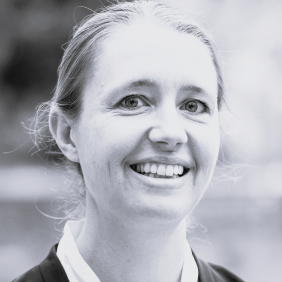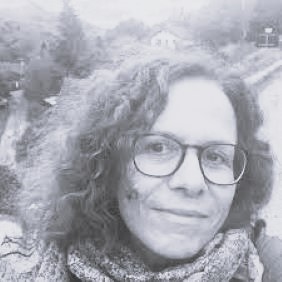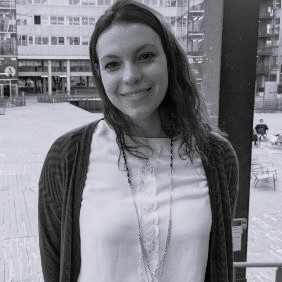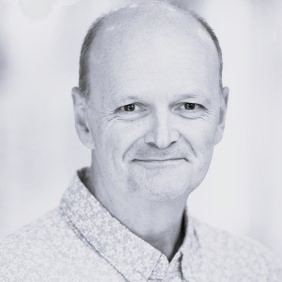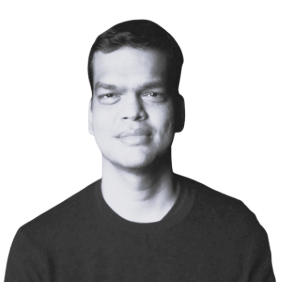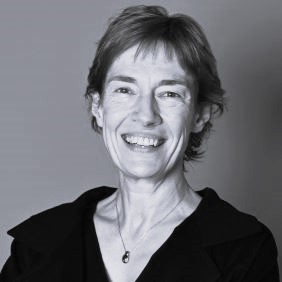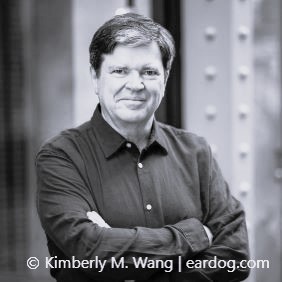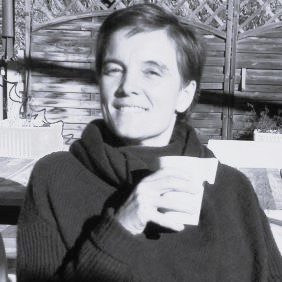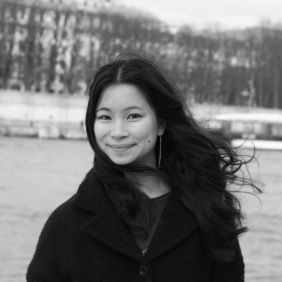WALCZAK Aleksandra
Laboratoire de Physique ENS - PSL
aleksandra.walczak [at] phys.ens.fr
Short bio
Aleksandra Walczak received her PhD in physics at the University of California, San Diego, working on models of stochastic gene expression. After a graduate fellowship at KITP, she was a Princeton Center for Theoretical Science Fellow, focusing on applying information theory to signal processing. Currently she is a CNRS research director at the Ecole Normale Superieure in Paris, interested in collective behavior, fly development and statistical descriptions of the immune system. She was awarded the “Grand Prix Jacques Herbrand de l’Académie des sciences” in 2014, the bronze medal of CNRS in 2015, the American Physical Society Fellowship, the Prix Jean Ricard of the French Physics Society in 2021 and the silver medal of CNRS in 2024. She was elected to the French National Academy of Sciences in 2024.
Topics of interest
Generative models, immune – viral co-evolution, statistical reproducibility, dynamics
Project in Prairie
I will focus on the co-evolution of the immune system with viruses and tumours. An important aspect of this direction is combining large scale datasets (immune repertoires, single cell sequencing, neutralization assays) with dynamical models to predict future evolutionary trajectories. I will exploit phenotypic reproducibility and develop dynamic forecasting, optimization and control methods to predict individual and population level immune response. I will also combine data to build generative immune–pathogen interaction models.
Quote
How can our adaptive immune system be prepared for the many pathogens we constantly encounter, even those that did not exist when we were born? A diverse ever-changing repertoire of receptor proteins on the surfaces of B and T cells interacts with pathogens, recognize them and initiates an immune response. The immune system is an example of how the interactions of many molecular and cellular elements result in the emergence of biological function – the recognition of pathogens. By combining statistical and machine learning based approaches to describe the formation of this distributed system, we can attempt identify its response to different pathogenic threats and propose predictive interventions.
Team
https://sites.google.com/view/statbiophysens
CAYCO GAJIC Alex
natasha.cayco.gajic [at] ens.fr
Short bio
Professor at the Ecole Normale Supérieure since 2019. BS & PhD in Applied Mathematics (Caltech & University of Washington), followed by a neuroscience postdoc (University College London). FENS-Kavli scholar 2023. ERC consolidator grant 2024.
Topics of interest
Data science, Machine learning, Statistical modelling, Dynamical systems, NeuroAI
Project in Prairie
Alex Cayco Gajic will work at the intersection of machine learning and neuroscience to understand learning dynamics in the brain. She will approach this question from both data-driven and theoretical angles. First, she will develop statistical models to identify how latent dynamics in neural data evolve over the course of learning. Second, she will build neural network models to investigate how neural computations are learned through biologically plausible learning rules.
Quote
In neuroscience, advances in recording technologies have enabled unprecedented access to large populations of neurons over learning. Simultaneously, the surge of progress in AI has inspired new insight into how artificial neural networks learn. However, we still lack the mathematical tools necessary to develop theoretical principles of learning and computation that are squarely rooted in neural data. Bridging this gap will be essential both to uncover how the brain controls complex behaviours, and to inspire new forms of brain-inspired artificial intelligence.
Team
https://caycogajiclab.github.io
AL NAJJAR Reem
reem.al-najjar [at] inria.fr
Short bio
- BSc in Biology from the Lebanese American University 2017-2020
- MSc in Neuroscience from the American University of Beirut 2020-2022
- MSc in Learning Sciences from Université Paris Cité – Learning Planet Institute 2022-2024
Thesis Title
Investigating the Neural and Behavioral Mechanisms of Social Interaction to Better Understand Collaboration Among Peers.
Short Abstract
My research project investigates the neural and behavioral mechanisms underlying peer collaboration in middle childhood, focusing on inter-brain synchrony (IBS) as a key marker of effective social interaction. Using functional near-infrared spectroscopy (fNIRS) hyperscanning, we examine how IBS correlates with conversational behaviors and rapport-building during real-world collaborative tasks. Findings will inform the development of AI-driven virtual peers to enhance educational outcomes by fostering productive collaboration and social bonding among children.
ETLING Sophie
Sophie.etling [at] inria.fr
Short bio
- Bachelor’s degree in Economics and Management from La Sorbonne University
- Master’s degree in Education from Paris-Saclay University
Research project
After several years of experience as a primary school teacher, I joined a research team to work a multimodal hyperscanning project studying collaboration between children. I bring my educational expertise and project management skills to coordinate this research, and, in parallel, I collaborate with the team working on the development of Articulab’s next conversational agent, Son-of-Sara.
SILEM Oussama
oussama.silem [at] inria.fr
Short bio
- Computer Science Engineer, Higher National School of Computer Science -ESI ex INI- (Algeria)
Research project
The role of rapport in human conversational agent interaction: Modeling conversation to improve task performance in human agent interaction.
Short abstract
I work on adapting large language models for spontaneous conversation and enhancing their ability to establish a social connection with the interlocutor beyond merely transmitting information. I investigate ways to enable these models to better replicate human interaction dynamics, including social factors such as rapport.
SCHAIPP Fabian
fabian.schaipp [at] inria.fr
Short bio
PhD, Technical University of Munich
Research project
Robust and adaptive training algorithms.
Short abstract
Training machine learning models amounts to solving stochastic optimization problems at scale. My research focuses on understanding and improving optimization algorithms, particularly with the aim to design robust and easily tunable methods.
DEMIRKAN Sinem
sinem.demirkan [at] inria.fr
Short bio
- Master’s in Life Sciences-Neuroscience track from ENS-PSL
- Bachelor’s in Life Sciences from Sorbonne University
Research project
Neural correlates of social interaction
Short abstract
My research focuses on understanding how kids aged 5 to 12 collaborate. I use a method called fNIRS hyperscanning to study their brain activity together as they interact. My aim extends to use what we learn from neuroscience to help create an empathetic AI for children.
Short Bio
Bernard-Louis Roques is a Pioneer in European FinTech & Insurtech.
Launched Truffle Capital’s FinTech Incubator in 2015, Early Stage fund in 2018, and Scaleups fund in 2023.
Truffle Capital has 1bn€ AUM, 100 investments & 14 IPOs, with 22 investments in fintechs and insurtech.
Board Member of Finance Innovation (French governmental agency dedicated to Fintech), ACSEL (French digital economy agency). Repeat entrepreneur, co-founded Truffle Capital after selling his robotics company. Started as bond trader @ HSBC. Author of the « Truffle 100 » (research on software) & the « Fintech 100 » (research on Fintech). MBA from ESSEC Business School and ACE from MIT.
Short Bio
Nicholas Ayache is a research director at Inria, where he leads the EPIONE research team, dedicated to the digital patient and digital medicine. He is also the Scientific Director of the Interdisciplinary AI Institute 3IA Côte d’Azur, where he holds a research chair. His current research focuses on the introduction of AI algorithms to guide the prevention, diagnosis, prognosis and therapy of patients based on their medical images and all available data. N. Ayache is a member of the French Academy of Sciences and of the French Academy of Surgery. In 2013-2014 he was a visiting professor at the Collège de France, where he introduced a new course on the “personalized digital patient”. N. Ayache published over 400 highly cited scientific articles and a dozen of industrial patents, and co-founded seven high-tech companies. He has been a member of several strategic boards in France and abroad, including the strategic council of the new IHU RespirERA in Nice, dedicated to lung diseases.
Further information: http://www-sop.inria.fr/members/Nicholas.Ayache/ayache.html
Publications: https://scholar.google.com/citations?user=29XL16UAAAAJ
Short Bio
Doctor and professor of medical ethics and forensic medicine at Université Paris Cité. She heads the ETREs research team dedicated to understanding and studying the ethical issues involved in translational healthcare practices, particularly in oncology.
Short Bio
Stéphanie Schaer, general engineer of Mines, has been, since September 2022, the interministerial director of the digital sector (DINUM). A former student of the École Polytechnique (1997), she is also a graduate of the École nationale supérieure des telecommunications/Télécom Paris. Her professional career is notably marked by stints at the Central Directorate for Information Systems Security (DCSSI, now ANSSI) from 2002 to 2006, then at the Ministry of the Economy, Industry and Employment where she is project manager on embedded electronics then head of the software industry office of the General Directorate of Competitiveness, Industry and Services in 2008. She later became deputy regional director of businesses, competition, of consumption, work and employment (Direccte) of Burgundy, then of Bourgogne-Franche-Comté. At the same time, in 2015, as an intrapreneur, she launched the State Startup Signals Faibles, which makes it possible to detect companies in difficulty early, to better support them, using data held by administrations. This service, now deployed throughout France, has benefited from DINUM support programs: entrepreneurs of general interest (EIG) and the State Startup incubation program, Beta.gouv . In 2019, Stéphanie Schaer became deputy director of Élisabeth Borne’s cabinet, at the Ministry of Ecological and Inclusive Transition then at the Ministry of Labor where she would then be appointed head of the cabinet. When Élisabeth Borne is appointed to Matignon in May 2022, Stéphanie Schaer becomes advisor to the Prime Minister. On September 26, 2022, she was appointed head of the interministerial digital department.
Short Bio
Anne-Marie Lagrange is a Research Director at the French National Center for Scientific Research (CNRS) at the Laboratory for Space Studies and Instrumentation in Astrophysics (LESIA) at the Paris Observatory, and associate Professor at Paris Sciences et Lettres University. She is a member of the French Academy of Science, and earned the Irène Joliot-Curie prize for the Female Scientist of the Year in 2011.
She specialized in the field of extra solar planetary systems, with the aim to understand how such systems form and evolve, and to search for planets of various kinds, down to Earth twins. She uses various kinds of approaches and observing techniques, in particular spectroscopy, absolute astrometry and high contrast imaging, and the combination of these techniques, to search for extrasolar planets, and characterize their atmospheres, and to study their link with the dust disks in which they orbit. She was the scientific PI of the first adaptive optics instrument on the VLT, which allowed her team and her to make the first images of extrasolar planets, opening thus a new path in the field. She finally tries to estimate and compensate for the stellar activity, which is the ultimate barrier against detecting Earth twins using radial velocities, and is a necessary step before imaging such planets.
Céline Beji is a researcher in personalised medicine and the founder & CEO at MyTreatment. Her innovative work at Université Paris Cité uses causal inference in healthcare to bridge the gap between cutting-edge research and its practical application in medical practice. After completing her PhD at Université Paris Dauphine PSL as a member of the Machine Learning team, she furthered her expertise by completing a Master’s degree in Entrepreneurship and Deeptech Innovation at Mines Paris PSL. With MyTreatment, she aims to revolutionise the way cancer treatments are prescribed and make personalised medicine accessible to patients worldwide. Her contributions have been supported by several grants (PSL, PÉPITE Île-de-France), and she has received the i-PhD 2023 award from BpiFrance, which promotes and supports young innovative researchers with entrepreneurial projects in the field of breakthrough technologies.
Short bio
Dr. Luc JULIA, Chief Scientific Officer for Renault, was CTO and Senior Vice President of Innovation for Samsung Electronics, directed Siri at Apple, was Chief Technologist at Hewlett- Packard and cofounded a number of start-ups in the Silicon Valley. While conducting research at SRI International, he was involved in the creation of Nuance Communications, now the world leader in speech recognition. Recipient of Légion d’Honneur, the highest order of France, and member of its National Academy of Technologies, he holds degrees in Mathematics and Computer Science from the University Pierre et Marie Curie in Paris and earned a Ph.D. in Computer Science at the Ecole Nationale Supérieure des Télécommunications de Paris. He is the bestselling author of the book “There is no such thing as Artificial Intelligence”, holds dozens of patents and is recognized as one of the top 100 most influential French developers in the digital world.
Short bio
Sriram Krishnan is a general partner at Andreessen Horowitz where he invests in crypto and currently heads up the UK offices of a16z crypto. He works closely with Farcaster, Story Protocol,
Kindred. Prior to joining a16z, Sriram led product and engineering teams at X, Meta and Snap. Sriram
started his career at Microsoft as a founding member of Windows Azure. He was also previously a
personal investor in several prominent tech companies.
Sriram writes actively at @sriramk on Twitter and at sriramk.com. He co-hosts “The Aarthi and
Sriram Show”, a leading podcast on tech and business.
Short bio
Anne Bouverot spent most of her career in the technology sector and now advises a number of public and private technology companies. She is currently Chairperson of Cellnex, Europe’s leading operator of telecommunications infrastructure. She also chairs the Board of Ecole Normale Supérieure, France’s leading “grande école” in Science and Humanities. In 2018 she co-founded Fondation Abeona “Championing Responsible AI” on societal impacts of artificial intelligence. Notable programs include a visiting Chair on Social Justice and AI and an introductory MOOC already followed by more than 300 000 people. She spent the first 20 years of her career with Orange in a number of positions, then became Director General of the GSMA (Global Mobile Operators Association) and later CEO of Morpho (digital security and identity solutions). She is a graduate of Ecole Normale Supérieure in mathematics and holds a PhD in artificial intelligence.
Short bio
Yann LeCun is VP & Chief AI Scientist at Meta and Silver Professor at NYU affiliated with the Courant Institute of Mathematical Sciences & the Center for Data Science. He was the founding Director of FAIR and of the NYU Center for Data Science. He received an Engineering Diploma from ESIEE (Paris) and a PhD from Sorbonne Université. After a postdoc in Toronto he joined AT&T Bell Labs in 1988, and AT&T Labs in 1996 as Head of Image Processing Research. He joined NYU as a professor in 2003 and Meta/Facebook in 2013. His interests include AI, machine learning, computer perception, robotics, and computational neuroscience. He is the recipient of the 2018 ACM Turing Award (with Geoffrey Hinton and Yoshua Bengio) for “conceptual and engineering breakthroughs that have made deep neural networks a critical component of computing”, a member of the National Academy of Sciences, the National Academy of Engineering, the French Académie des Sciences.
Short bio
Judith Rousseau works on the theoretical properties of Bayesian methods in high dimensions, with special interests in uncertainty quantifications, semi-parametric inference and scalable methods.
She received her Phd in Statistics at University Paris 6 in 1997. She was assistant professor in University Paris 5 from 1998 – 2003 and became Professor of Statistics at University Paris Dauphine in 2003. She has been statutory professor at the University of Oxford since 2017 and has now a joint affiliation between Oxford and Université Paris Dauphine. She has been an AE of a number of journals, such as Annals of Statistics, Bernoulli, JASA, EJS, Scandinavian Journal of statistics and is editor of Bayesian Analysis. She is a fellow of the IMS and ISBA. She received the Ethel Newbold prize in 2015, gave a Medallion lecture at the IMS in 2017 and has received an ERC advanced grant in 2019.
Short bio
Daniel Cremers is Director of the Munich Center for Machine Learning and holds the Chair of Computer Vision and Artificial Intelligence at TU Munich. After studying physics and mathematics, he received his doctorate in computer science in 2002. He has conducted research in Heidelberg, Mannheim, Rennes, Los Angeles, Princeton, Bonn, Cambridge, and Oxford. He has co-authored over 500 publications and is listed among the top 10 most influential roboticists of the last decade. He received numerous awards including the Gottfried-Wilhelm Leibniz Prize, the biggest award in German academia. He has served as co-founder, advisor and business angel to several startups.
Short bio
Virginie Do is a Research Scientist at Meta, working on safe & responsible AI. She recently completed her PhD at Université Paris Dauphine-PSL and Meta (FAIR). Her PhD focused on fairness in recommender systems. Her work has been recognized with an Outstanding Paper Award at AAAI 2022 and a L’Oreal-UNESCO French Young Women In Science award.
